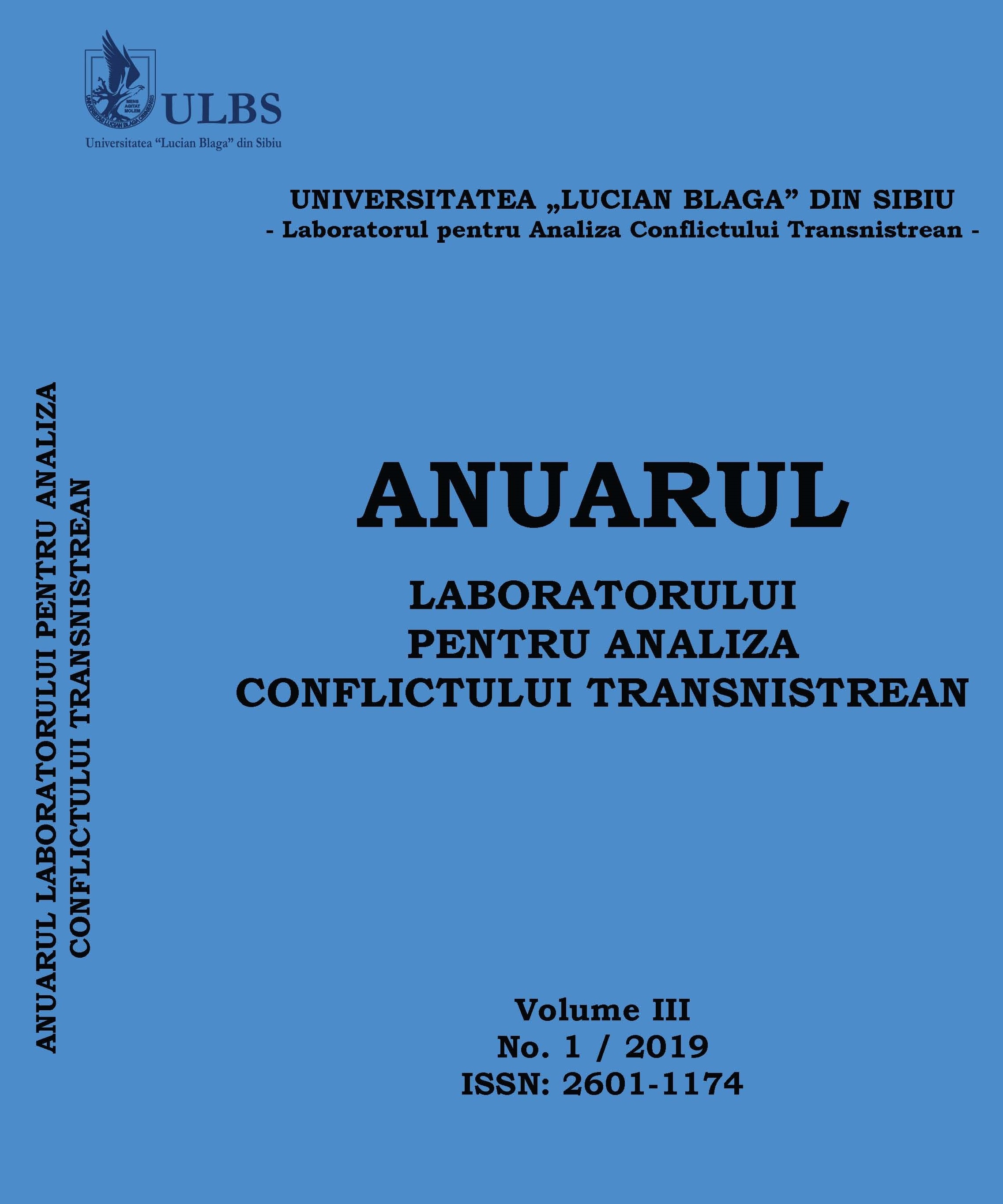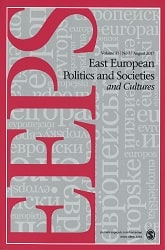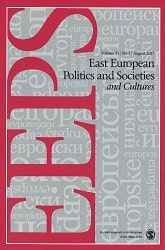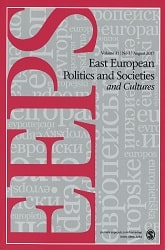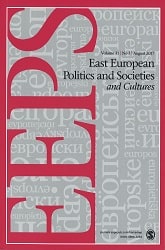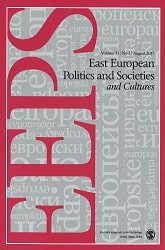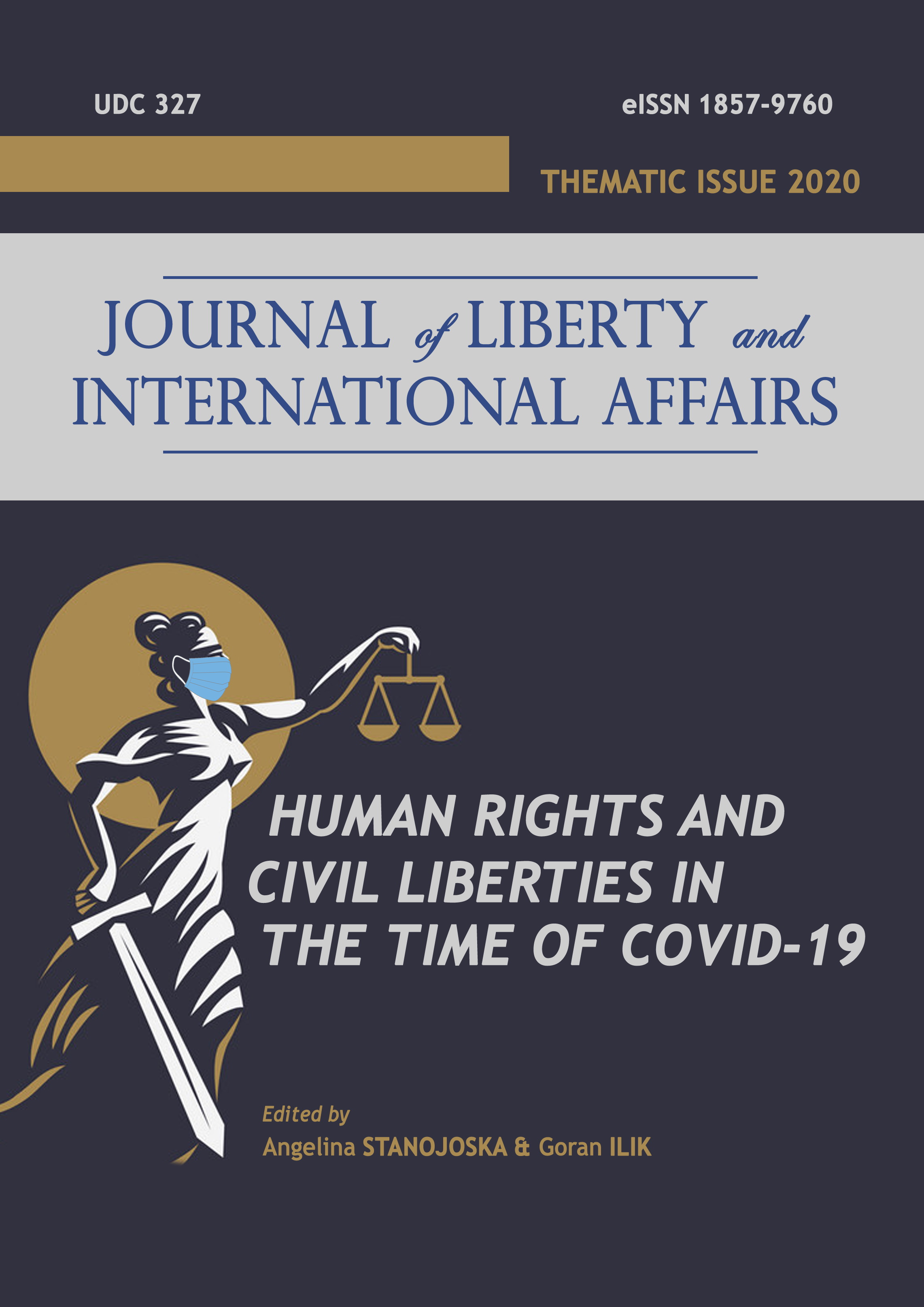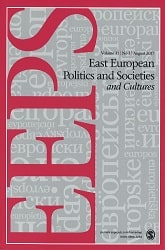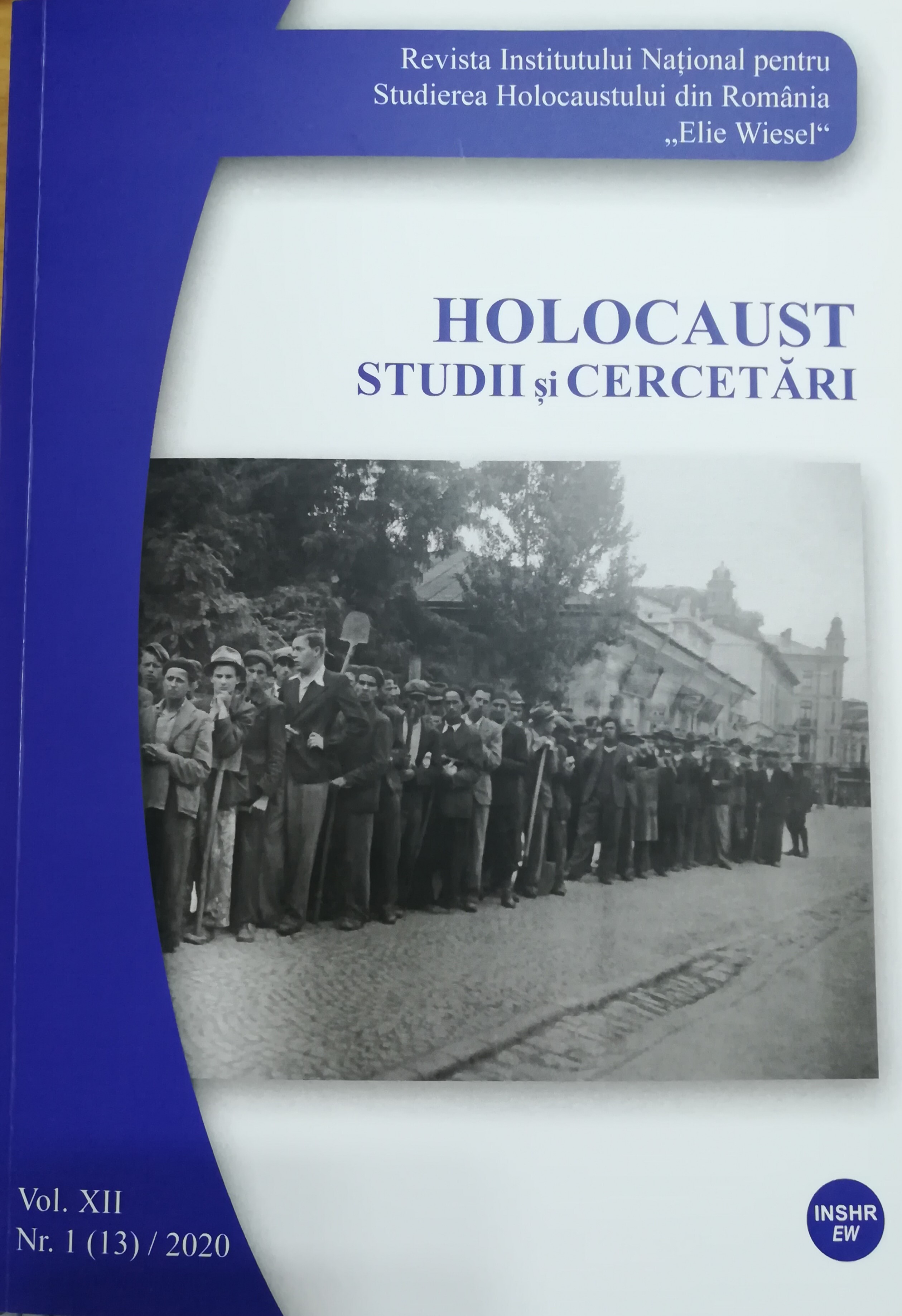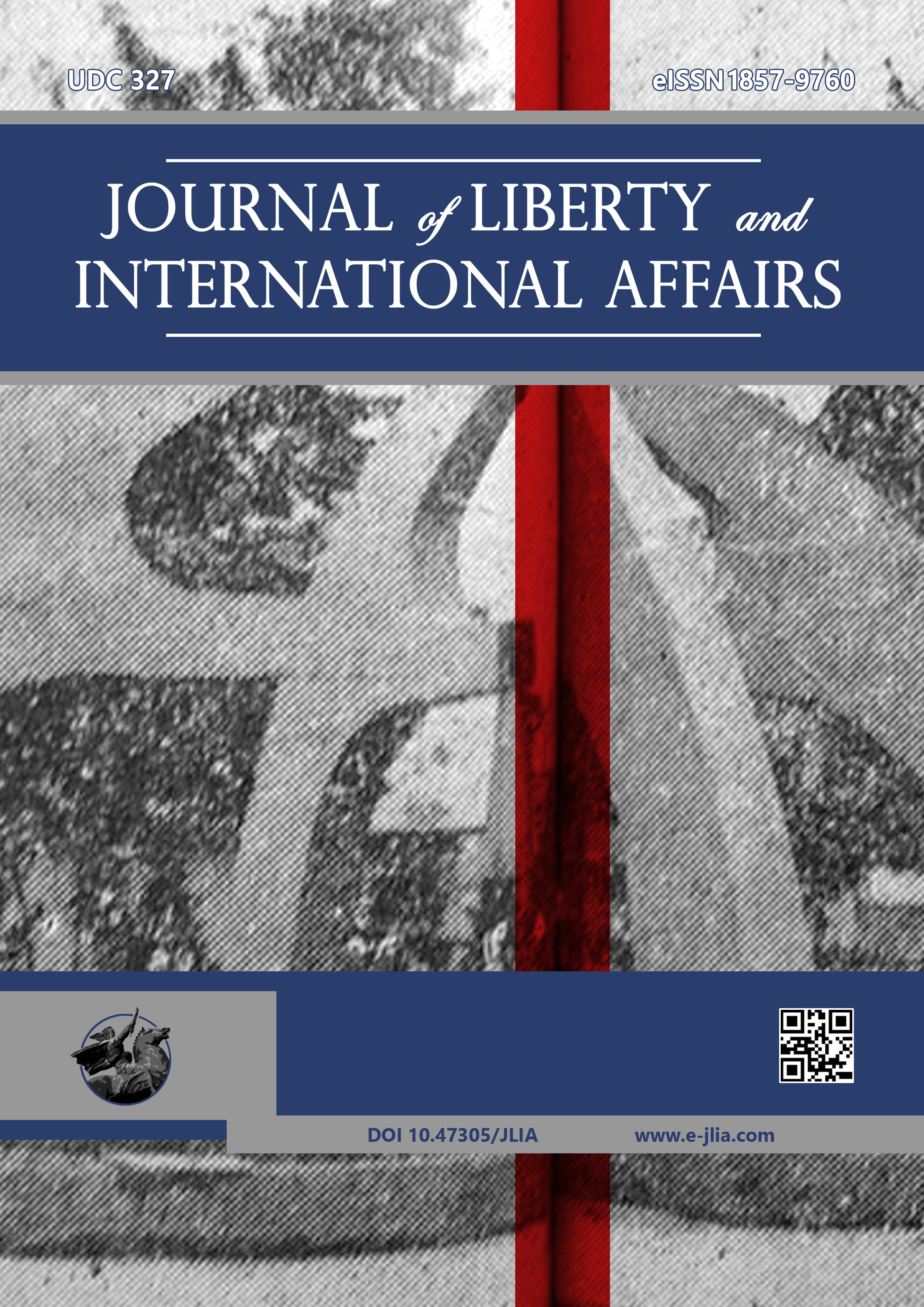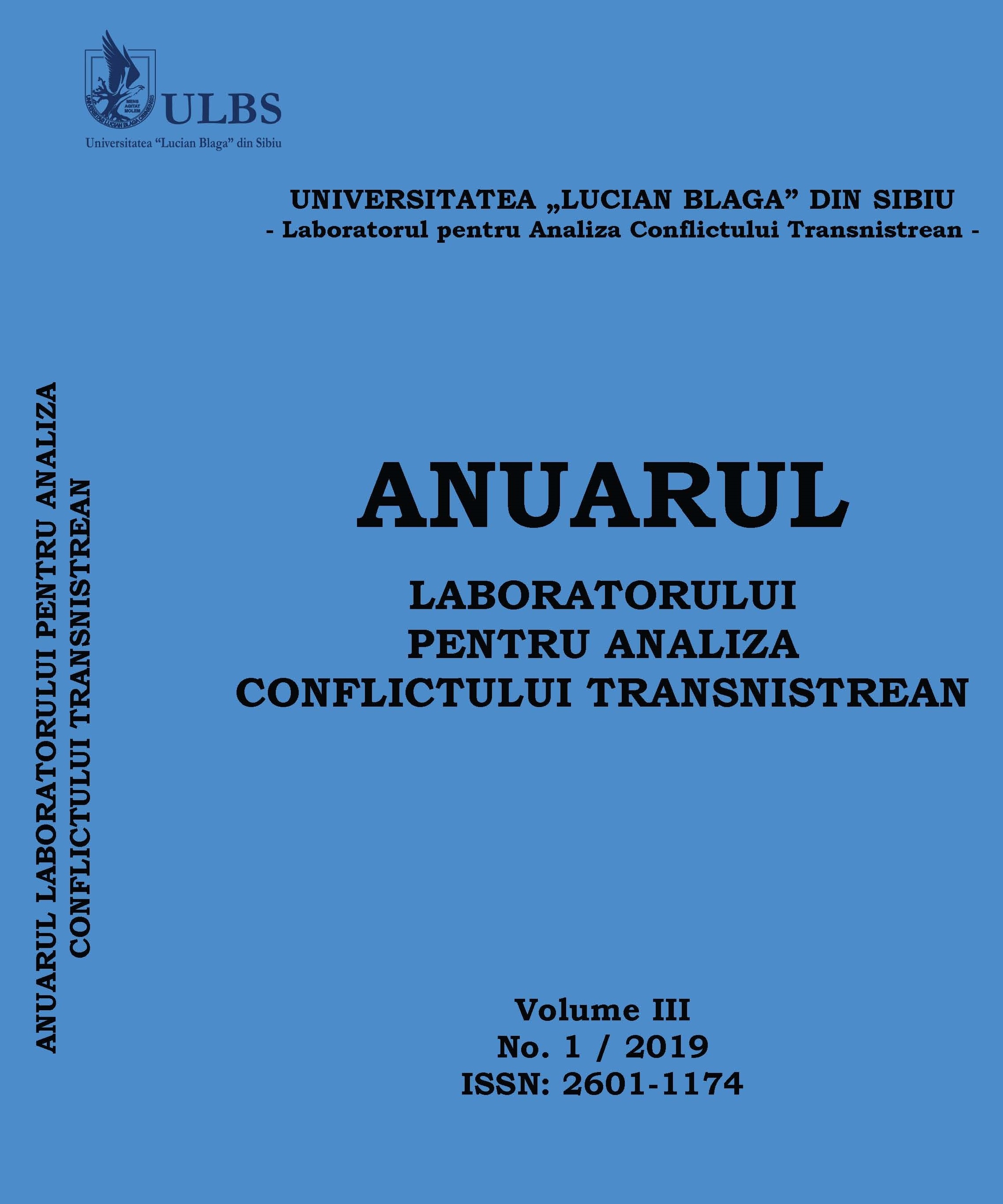
THE ROLE OF THE JURISPRUDENCE OF THE EUROPEAN COURT OF HUMAN RIGHTS IN RESOLVING CASES CONCERNING SEPARATIST REGIMES IN THE REPUBLIC OF MOLDOVA AND GEORGIA
By exercising its contentious and advisory powers, the Strasbourg Court has an important role to play in identifying and filling gaps in public international law. As the European Convention only proposes a list of fundamental human rights and freedoms, without defining them, the essential role in their interpretation and application rests with the European Court of Human Rights.The application of the Convention in cases concerning human rights violations within the territory with separatist regimes raises the question of the Convention's opposition to these regimes and of their liability under the Convention. As a general rule, separatist regimes are not parties to international treaties on human rights, which would provide for certain obligations for them. However, there are situations in which the rules of international law entail obligations imposed on non-state formations.
More...
